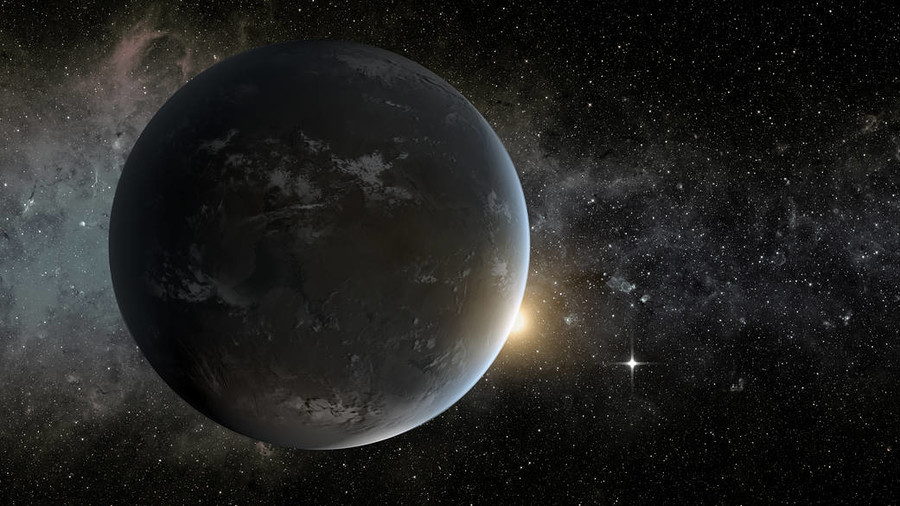
Astronomers have boldly gone where no man has gone before in announcing that Star Trek’s fictional planet Vulcan is real – and even has a sun just like ours. The planet is twice the size of Earth and has a 42-day-long year.
Since the show’s writer associated Vulcan with a real star, named 40 Eridani A, curious scientists and sci-fi fans alike have wanted to find out if there actually is a planet equivalent to Vulcan in the star’s orbit.
A new study by a team from the University of Florida and Tennessee State University, has found the star does, in fact, host at least one super-Earth planet. This is the first such discovery by the Dharma Planet Survey, which is designed to hunt down relatively small planets around bright stars in the hope of discovering another habitable home-planet.
“This star can be seen with the naked eye, unlike the host stars of most of the known planets discovered to date,” said Bo Ma, lead author of the new research and an astronomer at the University of Florida, in a statement. “Now, anyone can see 40 Eridani A on a clear night and be proud to point out Spock’s home.”
Remarkably, Eridani bears the same characteristics as our sun, meaning it may even be able to host life, pointy-eared or otherwise. Located some 16 light-years away from Earth, Eridani is similar to our sun in age and appearance, but smaller and cooler than our star, making it emit more of an orange hue.
The similarities mean Eridani may just be the “ideal host star for an advanced civilization,” according to Matt Muterspaugh, an astronomer at Tennessee State University and a co-author on the new research.
However, the planet itself isn’t quite as accommodating as our sun in terms of life-support because it orbits a bit too close to its star for the retention of water.
The study is scheduled for publication in the journal Monthly Notices of the Royal Astronomical Society next month.
RELATED ARTICLES
- Pentagon releases footage of unexplained UFOs spotted around the world
- French Man Pretended to be Alien Prophet to Sleep with THOUSANDS of Women in the 90s
- A New Trend in 2021: Now we're Being Invaded by Aliens
- Pentagon official: Alien UFOs Don't Exist, Everything is Actually TOP SECRET US Military Crafts
- Tucker Carlson Warns of Hostile 'Interdimensional Forces' Influencing the Humanity











